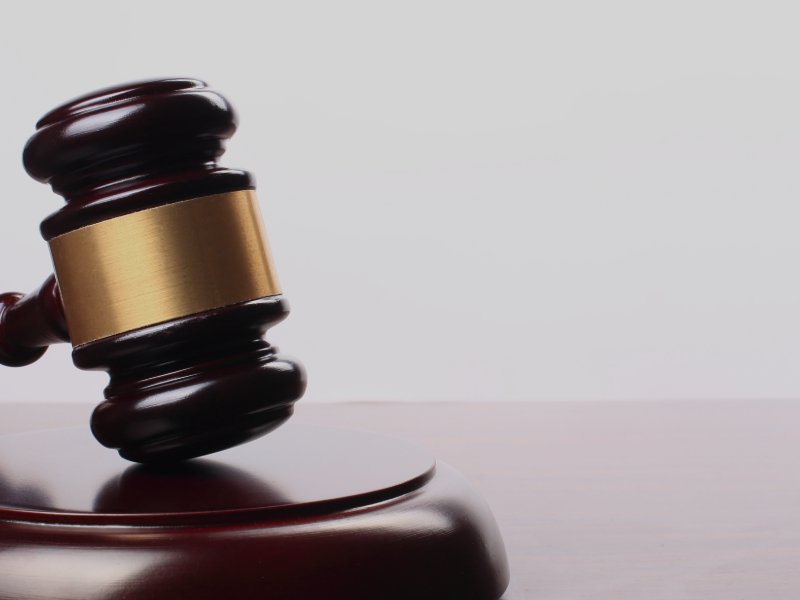Are Punitive Damages Available in California Lawsuits?
Receiving compensation for a personal injury in California takes filing a claim for the full amount of your losses. Your insurance claim and/or personal injury lawsuit should list all the economic and noneconomic losses you suffered in the accident, along with a reasonable settlement demand. These are your compensatory damages. Punitive damages are a different type of award. They serve to punish the other party rather than compensate you for your losses. Speak to a Sacramento personal injury lawyer. You could be eligible for both damage types depending on your case.
Punitive Damages in California
While all personal injury claims that succeed in California will result in compensatory damages, not all will result in punitive damages. In fact, only an estimated 3-5% of cases end in punitive damages for plaintiffs. A punitive damage award is something a judge or jury may grant a victim if the defendant’s actions warrant punishment. According to California Civil Code 3294, a plaintiff may seek punitive damages by proving through clear and convincing evidence that the defendant was guilty of fraud, malice or oppression. Only in these scenarios may a plaintiff recover punitive damages in addition to actual damages in California.
- Intentionally concealing or misrepresenting facts to deprive the plaintiff of a legal right or property or otherwise injuring the plaintiff. Knowingly deceiving the plaintiff also constitutes fraud.
- Conduct meant to cause the plaintiff injury or death through a malicious intent to harm. Conduct reckless enough to show a conscious disregard for the safety of others could also be malice.
- Despicable conduct that subjects the plaintiff to cruel and unjust hardship, with an intentional disregard of the victim’s rights.
If the defendant is an employer, one of its officers, directors or managing agents must have had advance knowledge of the fraud, malice or oppression yet failed to do anything about it for the employer to be liable. California law also allows plaintiffs to seek punitive damages during wrongful death claims if the defendant committed felony homicide. Whether the plaintiff’s loved one died instantly or survived the critical injury for a time, the plaintiff could seek punitive or exemplary damages from the defendant for committing the felony.

Proving Eligibility for Punitive Damages
During a personal injury claim in California, the burden of proof rests with the plaintiff. It will be the filing party’s duty to prove the defendant more likely than not caused his or her losses. It will also be up to the plaintiff to prove eligibility for punitive damages, if applicable. This requires clear and convincing evidence of the defendant’s intentional or malicious wrongdoing. As the plaintiff in a personal injury claim, you or your lawyer will need to gather evidence of the defendant’s fraud, malice or oppression to receive punitive damages.0
- Photos or videos proving fault
- Eyewitness testimony
- Opinions from experts
- Accident reconstruction
- Police reports and records
- A criminal conviction against the defendant
- Proof the defendant can afford to pay punitive damages
Hiring an attorney can improve your chances of receiving fair compensation for your claim, including punitive damages. A lawyer will know precisely how to gather evidence of the defendant’s wrongdoing and present it to the judge or jury in a way that will maximize the odds of receiving a punitive award. Punitive awards serve to deter the defendant – and others in the community considering similar actions – from future wrongdoing.
Are There Limitations?
Currently, California law does not limit how much a plaintiff can receive in punitive damages during a civil claim. Unlike many other states, California does not enforce a punitive damage cap. Previous cases in the state, however, have established this precedent: the number of punitive damages must be reasonable according to the level of harming the plaintiff suffered and the compensatory damages he or she recovered. If you believe you should be eligible for punitive damages after a serious personal injury in California, hire an attorney to help you fight for a fair amount.

















